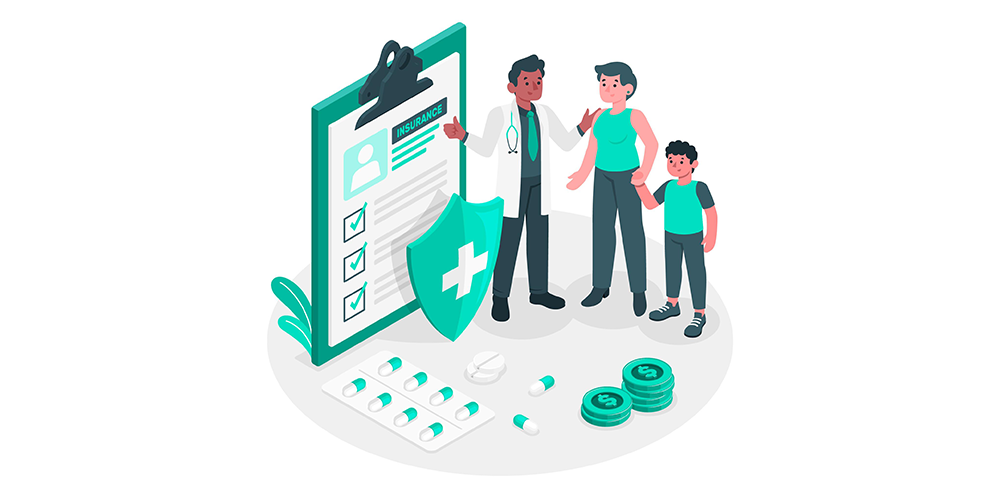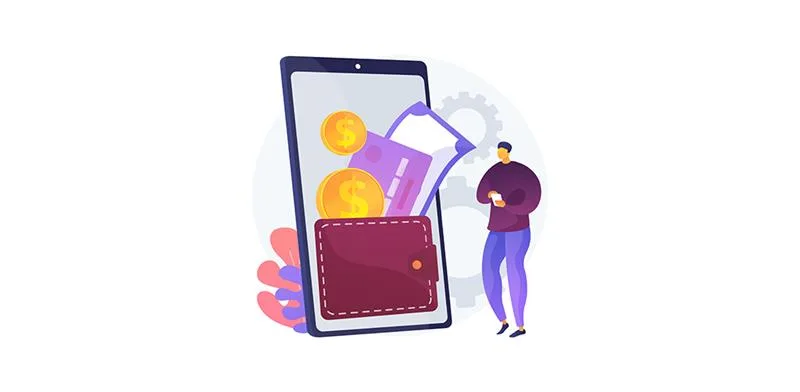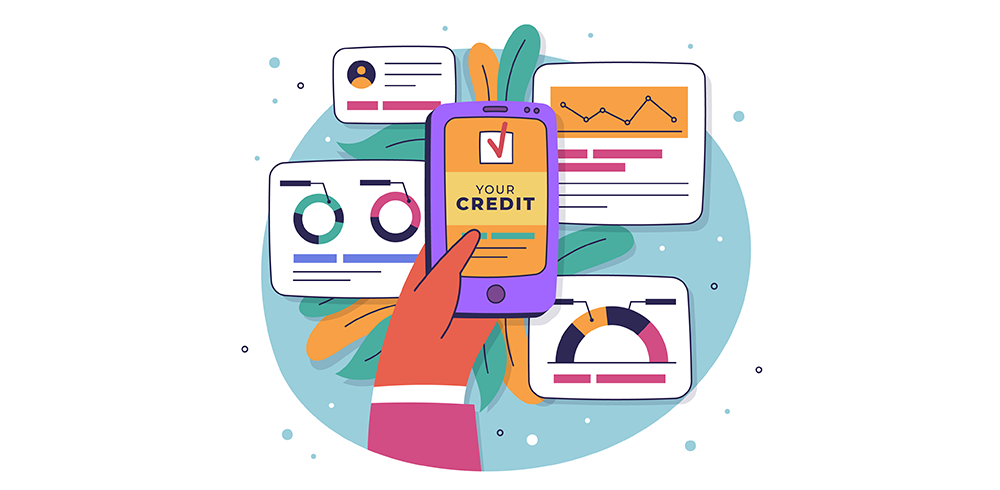A CIBIL score is a three-digit number ranging from 300 to 900 that represents an individual’s creditworthiness. A higher CIBIL score indicates a lower risk of default and is generally seen as a good sign by lenders.
Your CIBIL score is one of the most important things that lenders look at when you apply for a quick loan. It is one of several factors that lenders consider and is generally given more weight than other factors such as employment history or income.
With such an important aspect of your financial health, it is best to know all that you can about it. Here are 5 lesser-known facts about CIBIL scores.
1. You can check your credit score numerous times
You might have heard that checking your credit score multiple times can hurt your credit score. But this is actually a myth. Checking your own credit score does not affect your credit history or your credit score. In fact, checking your credit score can be a good thing. It can help you identify errors or potential fraud on your credit report. And it can help you track your credit score over time to see how your credit score improves as you manage your credit responsibly. It can also help you prepare for your instant personal loan application.
2. No credit history does not mean you have a perfect score
In fact, not having a credit history can actually work against you when you’re trying to apply for loans. When you don’t have a credit history, lenders can’t see how you’ve handled debt in the past. This makes it harder for them to assess your risk level and decide whether or not to give you a loan.
Fortunately, there are still some options available to you if you don’t have a credit history. You can try to apply for a quick loan from a lender that doesn’t require a credit check. Or, you can get an instant personal loan from an online loan app with more lenient eligibility requirements.
3. A credit score is not related to investments and other accounts
Your credit score has no bearing on your ability to invest successfully. That’s right – whether you have a “good” or “bad” credit score, it does not affect your ability to make money in the stock market or other investments. Your credit score is simply a number that lenders use to determine your creditworthiness.
4. CIBIL does not keep track of defaulters
Only the credit information that is submitted to CIBIL and other credit bureaus by banks, lenders, and other financial organizations is subject to collection and maintenance. They do not create or keep track of any defaulter’s list.
Your credit report is created using the data and actions related to your credit that they collect from banks and other lending institutions and other credit sources. However, CIBIL lacks the power to directly change or remove any content from the report. These and other pertinent information about credit reports must be understood in order to know who to contact or reach out to in order to have errors in your credit report corrected.
5. Credit scores change depending on the credit bureau
There are many things that can affect your credit score; one of the most important is the credit bureau you use. While you might have the same information on all of your credit reports, the way that information is calculated can vary from one credit bureau to the next. This can lead to different credit scores from each bureau.
If you’re looking to apply for a quick loan, it’s important to know which credit bureau your lender will use. The credit score they pull could be different than what you’re expecting.
CASHe’s Social Loan Quotient
CASHe employs its own credit score system. The Social Loan Quotient (SLQ) is determined using our proprietary AI technology. For a more thorough assessment of your creditworthiness, we look at additional data sources in addition to your income and credit history. Consequently, even if your credit score is low, you can apply for a quick loan with us.
CASHe provides instant personal loans at incredible interest rates. Download the app today!










